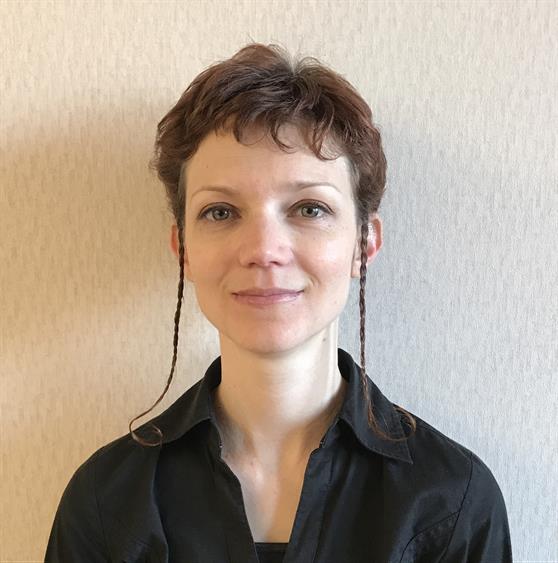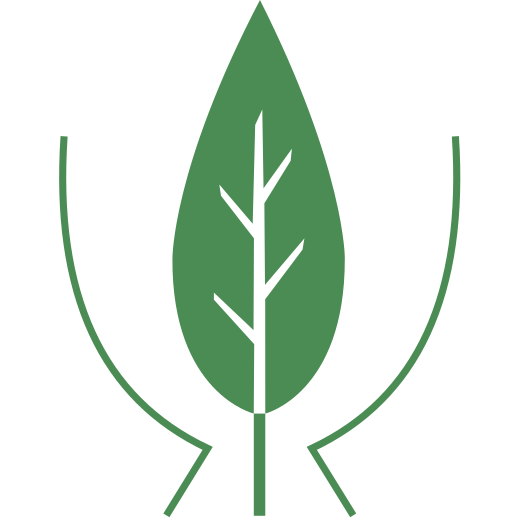Three NBIA patient organizations support PKAN gene therapy project

The first international call for research projects by AISNAF as part of a joint initiative with Hoffnungsbaum e.V. (Germany) and the NBIA Disorders Association (USA) has been completed: A project to develop a gene therapy for PKAN is being funded. The one-year project will start in January 2019. A new call for proposals for MPAN and BPAN will also be published in the first few months of the year.
"Gene therapy for the treatment of neurodegeneration caused by iron accumulation in connection with the mutation of the pantothenate kinase 2 gene (PANK2)". This is the project submitted by Lauriel Earley (see picture), University of North Carolina - Chapel Hill, and now funded by AISNAF, Hoffnungsbaum e.V. and the NBIA Disorders Association as a result of an initial international call for proposals in July 2018.
The aim of this joint initiative, which was realized under the leadership of AISNAF, was to select three projects on three different diseases of the NBIA group (PKAN, BPAN and MPAN) and to finance each of them with € 40,000, to provide the required total budget of € 120,000 and to define the general strategy for the selection of the projects.
A total of 12 research proposals were submitted: eight for PKAN, three for BPAN and one for MPAN.
The evaluation of the scientific quality of the projects was entrusted to an international ad hoc commission. This committee consisted of world-renowned scientists and physicians, all experts in the field of rare neurodegenerative diseases including NBIA. In the second step, the projects deemed worthy of funding by the experts were placed in the hands of a lay committee consisting of parents and patient representatives, who had the final say on the project to be funded.
For PKAN, the gene therapy project proposed by Lauriel Earley was selected, while none of the MPAN and BPAN projects passed the scientific reviewers' scrutiny.
In 2019, a new call for projects will be published for the two NBIA disease forms that could not be considered this year.
The project, which can now start in January 2019, is about the following: In PKAN, mutations of the PANK2 gene prevent the formation of coenzyme A, a molecule involved in hundreds of biochemical reactions in the human body, including fatty acid metabolism and energy production. In the brain, the most severely damaged region is the globus pallidus, which controls voluntary movements, among other things. The consequences of the damage are very painful dystonia (muscle contractions), loss of coordination, often retinal degeneration of the eyes, a variety of other neurological symptoms and a shortened life expectancy of people affected by PKAN, mostly children, adolescents and young adults.
PKAN is a disease that lends itself particularly well to a gene therapy approach in which a healthy copy of the gene is implanted into a transporter system (typically a harmless virus) that can transport the gene copy to where it needs to perform its functions. In fact, not only is the PANK2 gene quite short and therefore adapts to the virus that has to carry it. It is also limited to the affected regions of the body (brain and eyes), so that a relatively small amount of virus is needed, which can be introduced directly into the brain with a safe and minimally invasive operation.
Dr. Earley's project aims to test the safety and efficacy of this approach in animal models of this disease.
Recent results obtained with the same approach in other genetic diseases show that gene therapy can be safe and lead to a tangible improvement in patients' lives.
Certainly, the work that needs to be done in the case of PKAN to achieve this goal is enormous and will require several years and many resources. However, the funds provided by AISNAF, Hoffnungsbaum e.V. and the NBIA Disorders Association for this research are the first important step in this direction.
